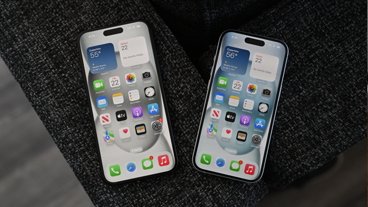Qualcomm urging Chinese courts to extend sales ban to iPhone XS & XR
Qualcomm is attempting to extend the iPhone ban in China, and is in the process of filing additional lawsuits in the courts to extend the iPhone sales restriction to Apple's latest hardware releases.
"We plan to use the same patents to file suit against the three new iPhone models," a lawyer acting on behalf of Qualcomm told the Financial Times. The patents behind the original injunction earlier this week relate to photo editing and managing apps with a touchscreen.
Apple is not only appealing that injunction but continuing sales as normal, contending that it doesn't apply to devices preloaded with iOS 12 — something even models like the iPhone 7 now come with. Qualcomm disagrees with that position.
In either case Monday's injunction was only directed at devices leading up to 2017's iPhone X. It isn't precisely clear what percentage of Apple's sales in China are pre-2018 models, but analysts have postulated between 20 percent and as high as 50 percent are the iPhone 8 and earlier.
The acrimony between Apple and Qualcomm extends back to at lest January 2017, when Apple filed a $1 billion lawsuit over patent royalty rebates, claiming Qualcomm withheld them as retaliation for cooperation with antitrust investigations. The battle quickly escalated, resulting in suits and countersuits around the world. In September, Qualcomm accused Apple of handing trade secrets to Intel to improve the performance of modems.
An August settlement over similar matters saw Qualcomm pay $93 million in fines to Taiwan and promise to invest $700 million in the country over five years.
Some investors have expressed fears about the new ban, which could affect Apple's already volatile stock coping with worries about 2018 iPhone sales and the U.S.-China trade war. The U.S. International Trade Commission is meanwhile reviewing a previous ruling and could theoretically allow a U.S. ban.
 Roger Fingas
Roger Fingas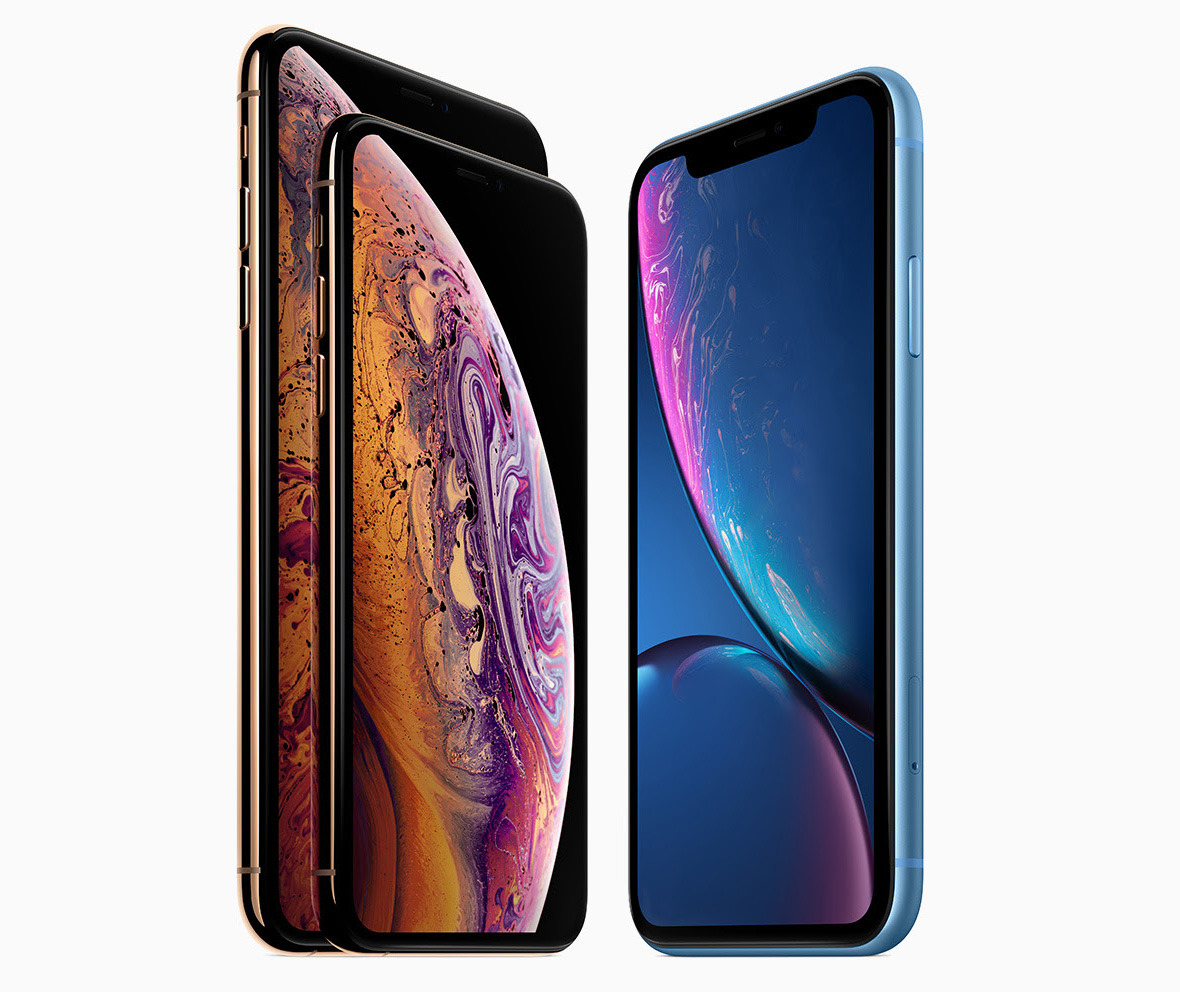










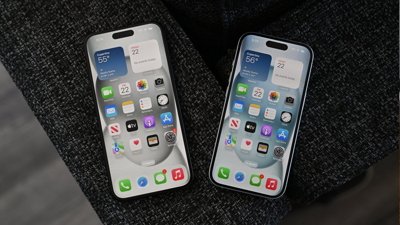
 Malcolm Owen
Malcolm Owen
 Amber Neely
Amber Neely
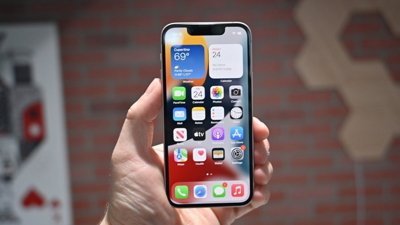
 William Gallagher
William Gallagher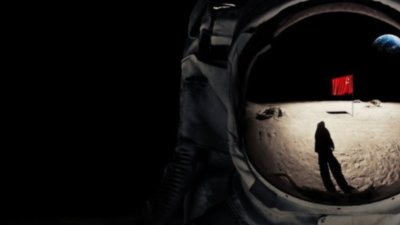

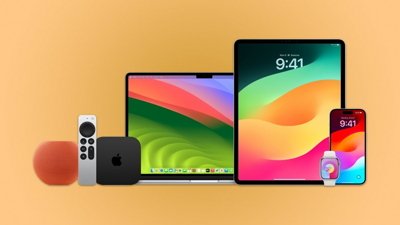
 Andrew Orr
Andrew Orr
 Christine McKee
Christine McKee